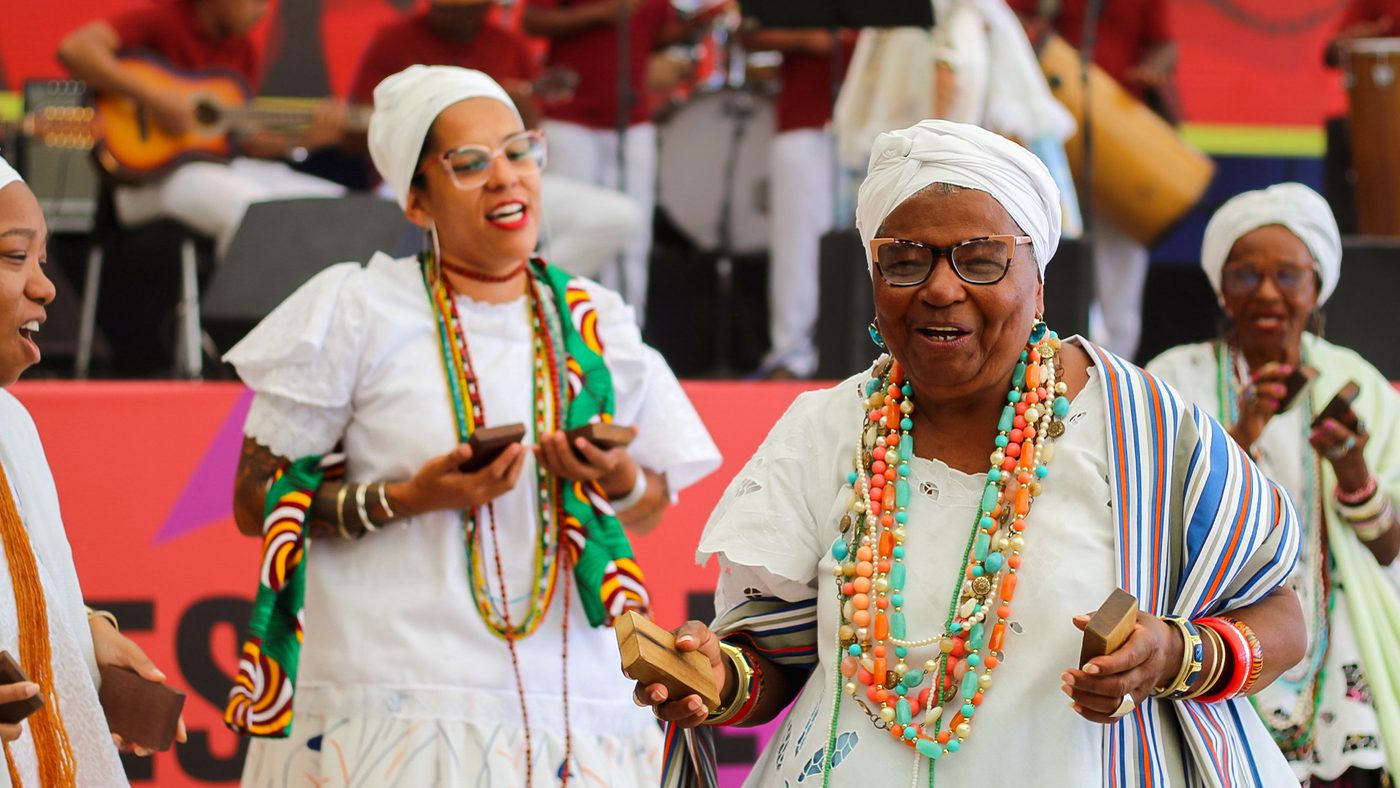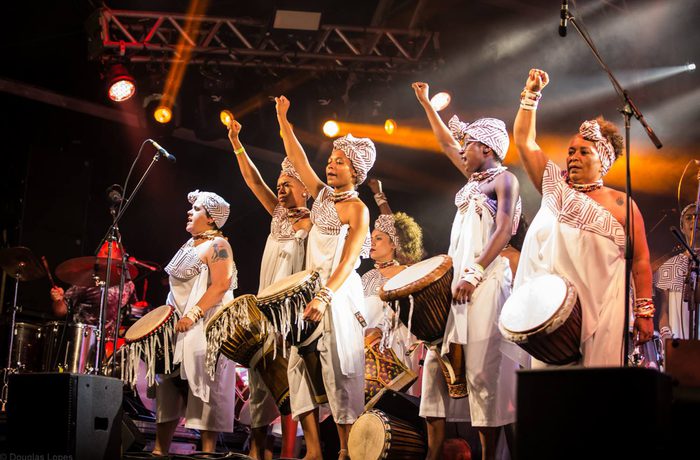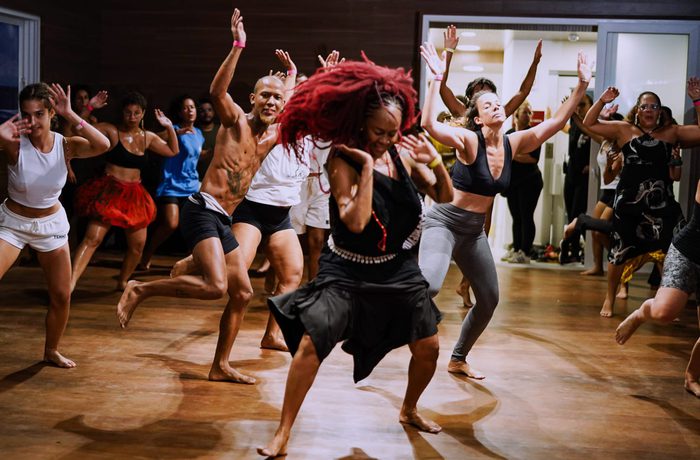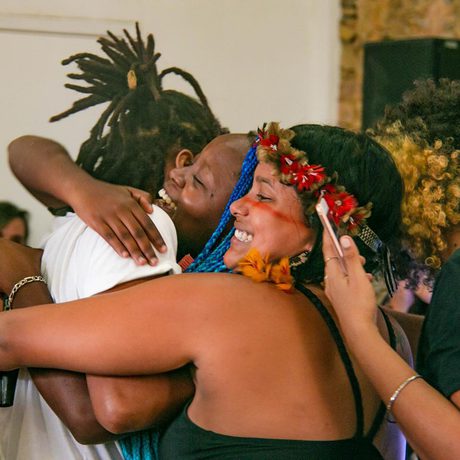WOW Rio de Janeiro

WOW Rio had its first edition in November 2018, the first festival of its kind in Latin America. It was the biggest ever WOW Festival, with 193,000 people in attendance during three days of activities in central Rio.
During the pandemic, the movement in Rio continued, with an online Festival in 2020. In 2022, WOW Rio hosted Ecoar! – the Brazilian edition of Shameless!
After a five-year hiatus of the actual festival, Rio de Janeiro hosted WOW Rio again on 27-29 October 2023. The event occupied Praça Mauá, in the port area of the city, and featured around 200 activities that explored Dialogues; Activism Network; Art, Culture and Territory and Entrepreneurship, with the participation of more than 500 guests from different parts of Brazil and the world.
Image gallery
WOW Rio returned on 24 & 25 October 2025, taking place in Maré for the first time. Bringing the Festival to the favela is an affirmation of the centrality of women from the outskirts and favelas as protagonists of social change, offers recognition of the history of struggles of the organised civil society operating in the region, led by women who believe in the defence of human rights for the
population of Maré and peripheral areas in general and is an opportunity to engage with the reality of the peripheries, connecting local experiences with global dilemmas faced by women of diverse backgrounds and paths.
Esquenta WOW events have also been held in 2019 and 2024. These are smaller ‘warm-up’ events across the region in between major Festvials.
Image gallery
About the organisers
WOW Rio de Janeiro is produced by Redes da Maré. Redes da Maré is a civil society organisation that was born out of community mobilisation in the 1980s in the favelas of Maré, Rio de Janeiro, Brazil. Founded in 2007, its mission is to weave the necessary networks to enforce the rights of the population of the 15 favelas of Maré, where more than 140,000 people live. It works in different streams of activities and programmes, from Education, Arts, Human Rights, Access to Health and Justice, Women's Rights and Identity History.
Nowadays, it employs over 300 people, mostly residents of the Favelas of Maré and is known as one of the most prominent NGOs in the country.





